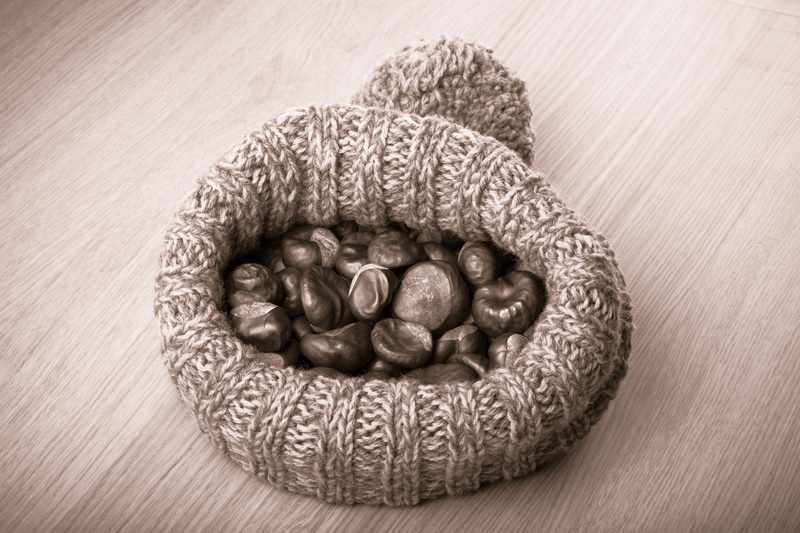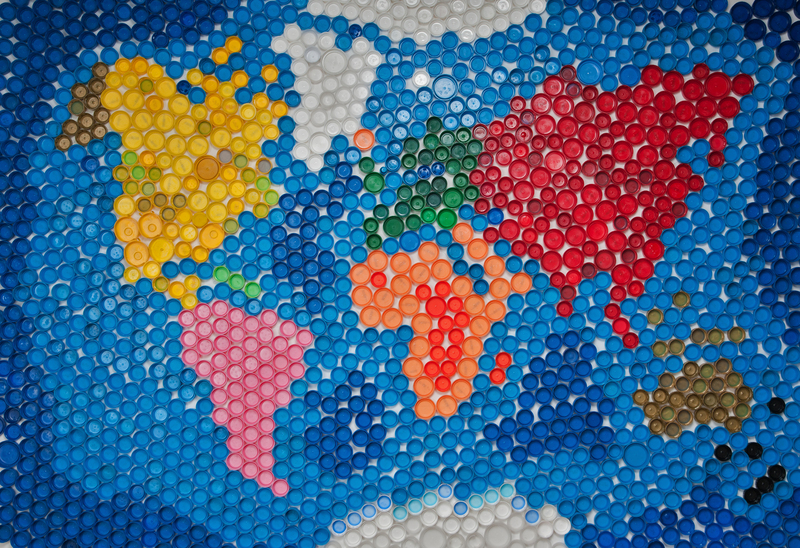How to Responsibly Dispose of and Recycle Your Cookware
Cookware is a staple in every kitchen, but what do you do when your nonstick pan is chipping, your pot is warped, or your once-reliable cast iron skillet is beyond repair? Properly disposing of old, unusable, or broken pots, pans, and bakeware is more important than many people realize. Not only does responsible cookware disposal help reduce landfill waste, but it can also conserve valuable resources and minimize environmental impact.
Why Proper Cookware Disposal Matters
Tossing your old cookware in the regular trash might seem convenient, but it comes with negative environmental consequences. Many types of cookware contain metals and coatings that can leach into the environment, and recycling these materials conserves raw resources. Understanding how to dispose of cookware responsibly helps reduce landfill waste, supports sustainability, and sometimes even benefits your local community.

Understanding Different Types of Cookware Materials
Before deciding how to recycle or dispose of cookware, it's essential to identify what your cookware is made of. Some materials are more easily recycled than others.
- Stainless Steel: Very durable, highly recyclable.
- Aluminum: Light, often recyclable, but sometimes coated.
- Cast Iron: Heavier, rusts over time, but fully recyclable.
- Copper: High value, completely recyclable, often with a coating.
- Nonstick Coated (e.g., Teflon): Can be tricky to recycle due to chemical coatings.
- Ceramic & Glass: Sometimes recyclable, but not always through regular curbside programs.
- Enamel-Coated: May require special handling.
Can You Recycle Cookware Through Regular Curbside Programs?
One common question is whether you can toss old pots and pans straight into your recycling bin. The answer is usually no. Most municipal curbside recycling programs don't accept metal cookware because:
- Cookware is heavy and can damage recycling equipment.
- Handles may be made from non-metal materials.
- Nonstick or enamel coatings can complicate the recycling process.
However, there are other recycling options for cookware--often more effective and environmentally friendly.
Best Ways to Dispose of and Recycle Cookware
1. Donate Usable Cookware
The most sustainable way to get rid of old cookware is to donate it if it's still in working order. Many organizations, shelters, and thrift stores accept lightly used pots and pans. Here's where you can donate:
- Local charity shops (Goodwill, Salvation Army, Habitat for Humanity ReStores)
- Homeless shelters and community kitchens
- Churches and youth organization kitchens
- Local "Buy Nothing" or Freecycle groups
Before donating, wash your cookware thoroughly and confirm that the recipient organization accepts kitchenware donations.
2. Sell or Give Away Cookware Online
If your old cookware is still functional--perhaps you're upgrading--try:
- Listing it on platforms like Facebook Marketplace, Craigslist, or OfferUp
- Posting in neighborhood groups or community forums (like Nextdoor)
- Hosting a garage sale
Giving cookware a second life is one of the greenest options, as it extends the product's use and keeps it out of landfills.
3. Scrap Metal Recycling
For dented, broken, or unusable metal cookware, scrapping is the next best option. Many scrap metal dealers accept old cookware, especially if it's made from:
- Aluminum (including baking sheets and light pans)
- Stainless steel
- Copper (valuable!)
- Cast iron
Before recycling cookware as scrap:
- Remove non-metal components (plastic handles, glass lids).
- If coated with nonstick or enamel, check with the scrap yard if they accept coated pans.
- Mention the type of metal for accurate sorting.
*Tip: Some metal recycling centers will even pay you (by weight) for valuable metals like copper and aluminum!
4. Specialized Recycling Programs
Some brands and retailers offer take-back or trade-in programs. Popular cookware brands sometimes have recycling initiatives, especially for nonstick or specialty cookware:
- GreenPan and other eco-conscious brands offer recycling options for broken pans.
- Certain retailers may accept used cookware during promotional events or in exchange for discounts.
- Search online for national programs like TerraCycle, which sometimes accepts hard-to-recycle kitchen items via mail-in programs.
5. Local Household Waste Facilities
Your city may have designated days or drop-off centers for bulky waste or scrap metal, where you can safely dispose of your old pots and pans:
- Contact your city or town's public works department to see if they accept cookware or offer special recycling days.
- Do not dispose of cookware in regular trash if prohibited by local ordinances.
Always check with your local recycling guidelines to avoid illegal dumping or contamination of recycling streams.
How to Recycle Nonstick, Ceramic, and Coated Cookware
Nonstick pans (such as those coated with PTFE/Teflon) and ceramic or enamel-coated pieces require special attention.
Nonstick-Coated Pans
- Most curbside programs do not accept nonstick pans because of chemical coatings.
- Scrap yards may refuse nonstick pans unless the coating is removed (which is generally not practical for consumers).
- Contact the manufacturer for take-back schemes or mail-in recycling (some brands participate in recycling partnerships for PTFE and PFOA-free products).
Important: Never put nonstick pans in the recycling bin without confirming they are accepted.
Ceramic and Glass Cookware
- Tempered glass (Pyrex, for example) and ceramics are treated differently from standard glass bottles and can't go in most curbside recycling bins.
- Some specialized ceramic recyclers exist--check your local recycling directory.
- If the item is undamaged, consider donating it.
Enamel-Coated and Anodized Aluminum
- Enamel coatings are glassy and can be hazardous to recycle in regular metal streams.
- Some scrap yards will accept them but may pay less or ask you to remove the coating if possible.
Creative Ways to Upcycle Old Pots and Pans
If your cookware isn't good for recycling or donation, why not give it a new purpose? Upcycling cookware can be a fun and eco-friendly project.
- Turn frying pans or pots into unique planters for your garden or patio.
- Use old baking sheets as magnetic bulletin boards or trays for organizing drawers.
- Convert cake pans into art supply organizers or wall clocks.
- Create bird feeders or garden art with ceramic mugs or bowls.
Unleash your creativity to reduce waste and add a personal touch to your home or outdoor space!
What Not to Do When Disposing of Cookware
As you consider how to dispose of or recycle pots and pans, there are a few things to avoid:
- Don't dump cookware in illegal locations (woods, creeks, empty lots).
- Don't put cookware in curbside bins unless your local facility explicitly accepts them.
- Don't burn or melt old cookware at home. This can release toxic fumes, especially from nonstick surfaces.
- Don't break ceramic or glass items before tossing--they can become hazardous.

Frequently Asked Questions About Responsible Cookware Disposal
Can I dispose of pots and pans in my household recycling bin?
No, most local recycling programs do not accept cookware in curbside bins due to potential contamination and equipment damage.
Where can I recycle stainless steel cookware?
Scrap metal yards are your best bet. Remove any plastic or glass attachments first for best results.
What should I do with damaged nonstick pans?
It's safest to find a brand-sponsored recycling program. Otherwise, see if local hazardous waste facilities take nonstick items.
How to dispose of cast iron skillets?
Cast iron is valuable and readily recyclable at most scrap metal facilities. You may even earn a small amount for it!
Should I remove handles from pans before recycling?
Yes, as much as possible. Plastic or wood handles should be detached, leaving just the metal for smoother recycling.
Final Thoughts: Making Responsible Choices With Old Cookware
Responsible disposal and recycling of cookware is a simple way to contribute to a healthier environment and a less wasteful society. Whether you recycle your pans, donate them, or get creative through upcycling, small actions add up to a positive impact.
The next time you're clearing out your kitchen cabinets, remember: Old pots and pans don't have to end up in the landfill. By choosing responsible cookware recycling or disposal methods, you help build a cleaner, more sustainable future--one kitchen at a time.
Have more cookware to get rid of? Check with your local recycling center, charity shops, or look for upcycling inspiration online. Every piece you keep out of the landfill makes a difference!
